1. Bruce Springsteen, Born in the U.S.A.
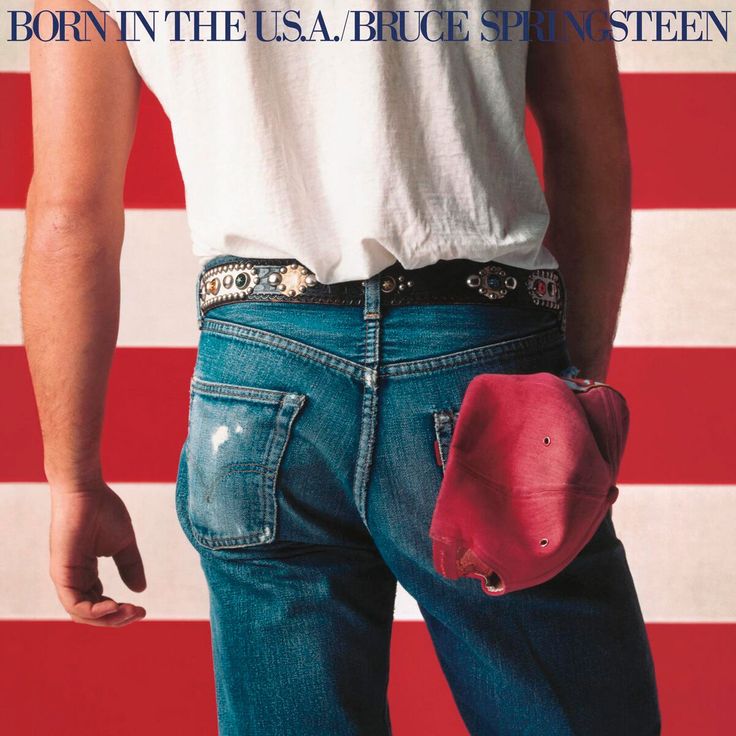
Bruce Springsteen’s biggest hit, “Dancing in the Dark,” was a rushed, last-minute addition to his 1984 album, Born in the U.S.A. The album was considered finished, but manager Jon Landau insisted Springsteen had not yet recorded an obvious hit single to launch the project. Frustrated by the demand, Springsteen wrote the song in a single night as a cynical response to the pressure. The track’s infectious synth-pop sound and uplifting feel were a departure from his usual style and its massive success helped propel the entire album, already a critical success, to worldwide commercial superstardom.
2. Black Sabbath, Paranoid
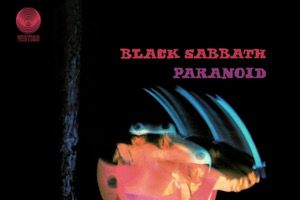
The iconic title track for Black Sabbath’s 1970 album, Paranoid, was written and recorded in under half an hour purely to serve as filler. The band had finished the album, but their producer, Rodger Bain, informed them they were still short on time to meet the minimum length requirements for a vinyl LP. Guitarist Tony Iommi quickly came up with the main riff, and bassist Geezer Butler jotted down the lyrics on the spot. Initially a mere throwaway track, “Paranoid” became the album’s most successful single and one of the most recognizable songs in heavy metal history, giving the entire record a massive, unexpected commercial boost.
3. The Clash, London Calling
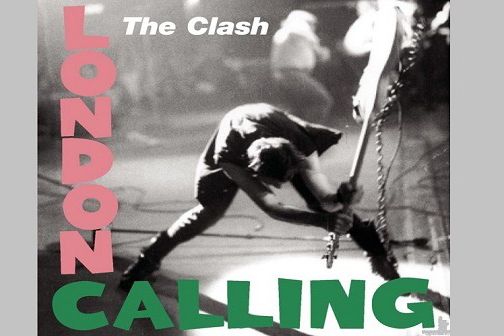
The closing track of The Clash’s seminal 1979 album, London Calling, “Train in Vain (Stand by Me),” was so late to be included that it was omitted from the original album packaging and only added after the final tracklist was printed. It was recorded spontaneously and was originally intended as a free single for a British music magazine promotion. The decision was quickly changed to include it on the album as an unlisted “hidden” track due to its quality. It was later released as the band’s first major hit single in the United States, giving the already acclaimed double album a crucial commercial foothold in the American market.
4. Deep Purple, Machine Head
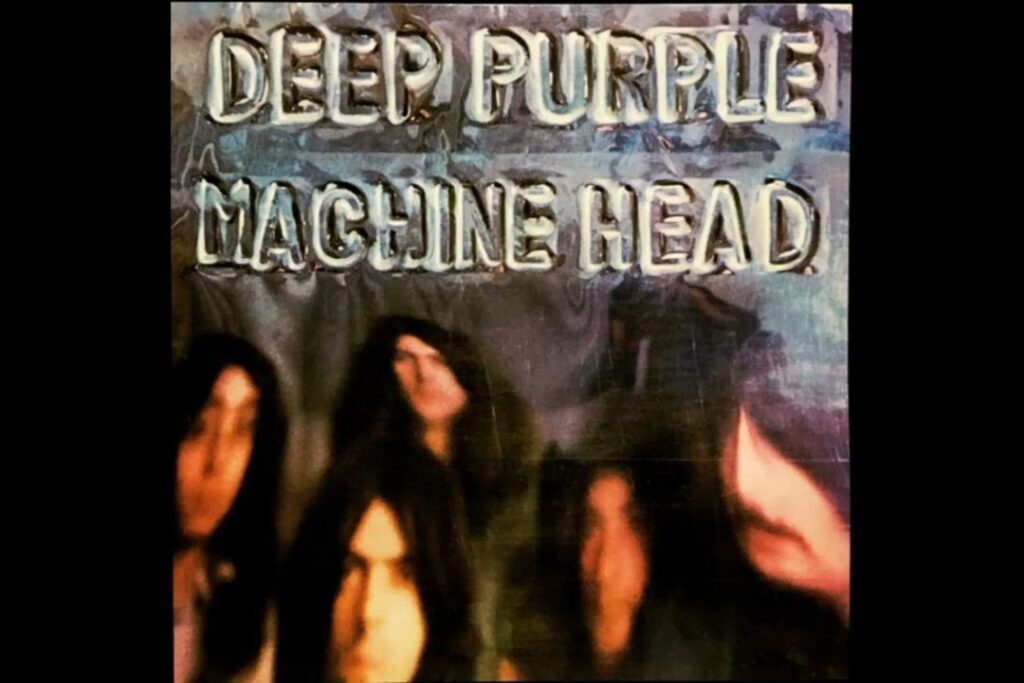
Deep Purple’s classic “Smoke on the Water,” a cornerstone of 1972’s Machine Head, was an emergency addition to the album’s tracklist. The band’s recording session in Montreux, Switzerland, was interrupted when the nearby casino, where Frank Zappa and the Mothers were playing, caught fire, destroying their equipment. They quickly relocated, but were one song short. They wrote “Smoke on the Water” about the surreal experience of watching the fire from their hotel, with the famous “funky riff” that Ritchie Blackmore had been experimenting with. The song’s vivid storytelling and distinctive riff became an instant smash, arguably defining the album and the band’s legacy.
5. INXS, Listen Like Thieves
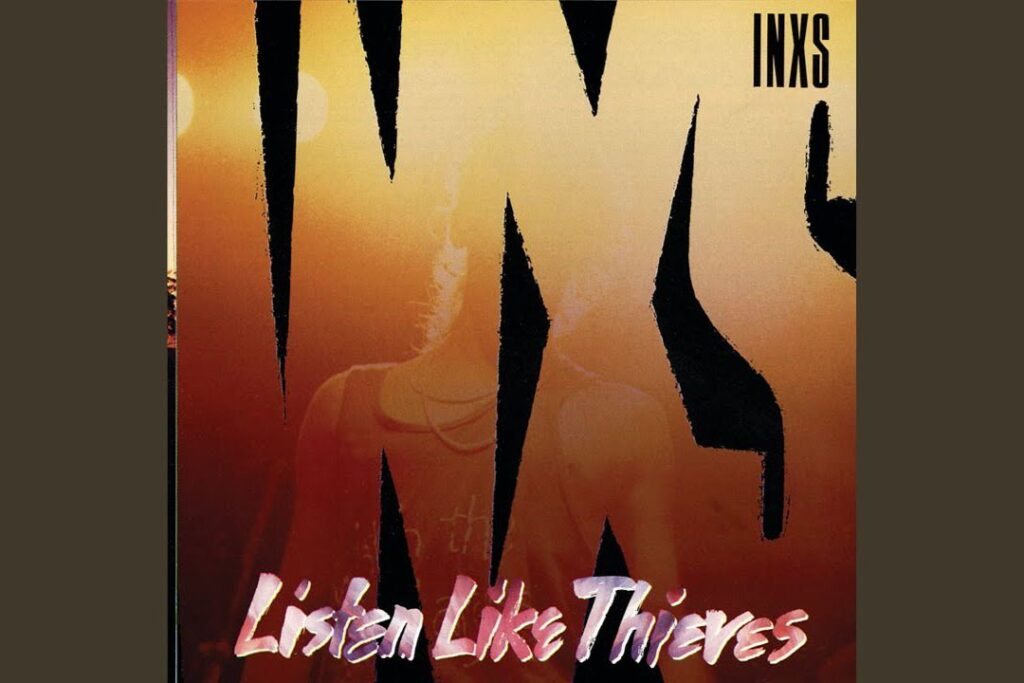
The breakthrough song for INXS in the American market, “What You Need,” was a hurried addition to their 1985 album, Listen Like Thieves. The band’s producer, Chris Thomas, felt the album lacked a definitive international hit single, prompting them to squeeze in a last-minute writing and recording session to create one. Andrew Farriss and Michael Hutchence immediately began writing a new song, and “What You Need” was finished in a single, intense day. The track provided the radio hit needed to boost the entire album to platinum status in the US, establishing INXS as global stars.
6. David Bowie, The Rise and Fall of Ziggy Stardust
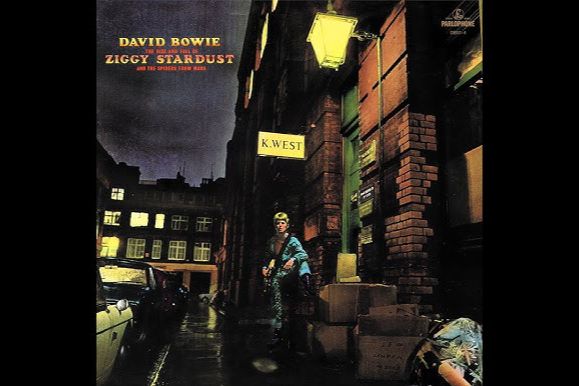
David Bowie’s “Starman” was a late insertion into his 1972 classic, The Rise and Fall of Ziggy Stardust and the Spiders from Mars. Bowie’s then-manager, Dennis Katz, convinced him to replace a cover of Chuck Berry’s “Round and Round” with a more commercial original track that could serve as the lead single. The song was quickly written, recorded with an improvised arrangement, and placed on the album, dramatically changing the final tracklist. “Starman” became Bowie’s first UK hit in three years, providing the crucial commercial momentum that launched the Ziggy Stardust concept and the corresponding persona into the pop culture stratosphere.
7. Jimi Hendrix Experience, Axis: Bold as Love
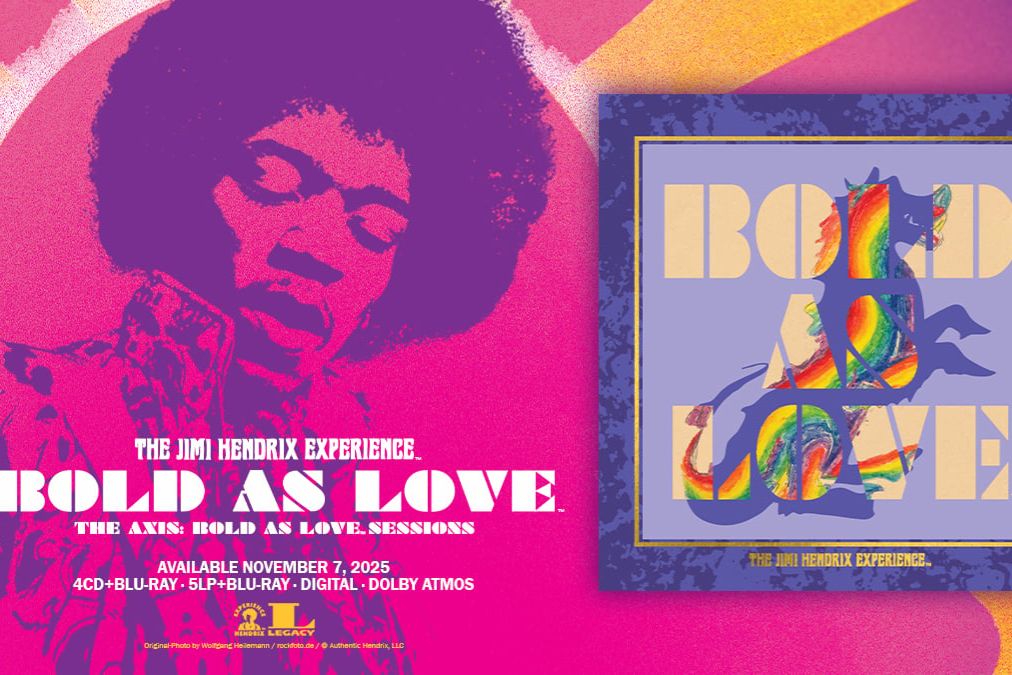
The final track of The Jimi Hendrix Experience’s 1967 album, Axis: Bold as Love, “Bold as Love,” was not a last-minute addition in the traditional sense, but its survival was a miracle. The master tape for the entire A-side of the album was infamously lost when Hendrix accidentally left the reel in a London taxi. Hendrix, producer Chas Chandler, and engineer Eddie Kramer scrambled to recreate the missing tracks, a process that took an entire night and was completed just hours before the album deadline. The final, essential track was preserved, allowing the album to be released on time and securing its place as an essential piece of rock history.
8. The Who, Tommy
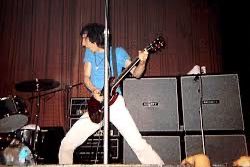
The legendary rock opera Tommy was completed in 1969, but The Who’s label executives felt it lacked a commercial single. As a result, Pete Townshend was urged to write one more song, and the brilliant, hard-rocking “Pinball Wizard” was quickly composed and recorded. The track was inspired by a challenge from a music critic and was added to the album just before the final masters were delivered. “Pinball Wizard” became a major hit, giving the complex, sprawling double album the accessible entry point it needed to reach a massive audience, transforming Tommy from an ambitious concept into a worldwide cultural phenomenon.
9. Elvis Costello and the Attractions, Armed Forces
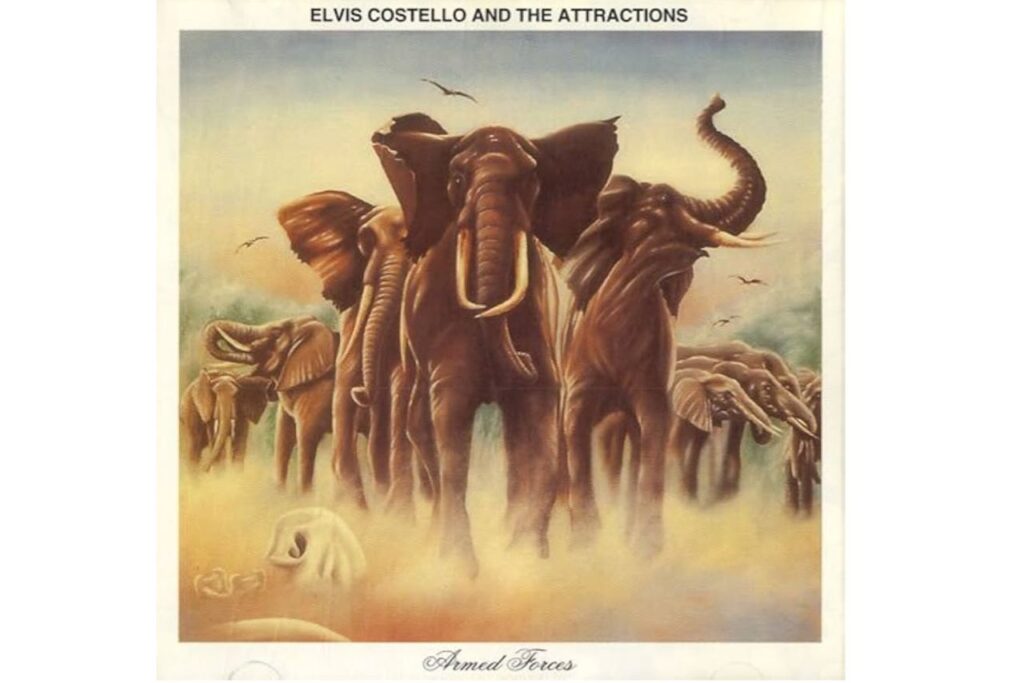
Elvis Costello’s 1979 album Armed Forces was finished when he received a request to provide a song for a charity concert, which led to him writing the brilliant pop track “Oliver’s Army.” The song was so immediately recognized as a potential hit that it was quickly added to the album’s tracklist despite it already being pressed in some territories. Released as the album’s main single, the politically charged, infectious song became Costello’s biggest hit in the UK and cemented the album’s status as one of his most important and commercially successful works, giving the new wave record a crucial signature track.
10. De La Soul, 3 Feet High and Rising
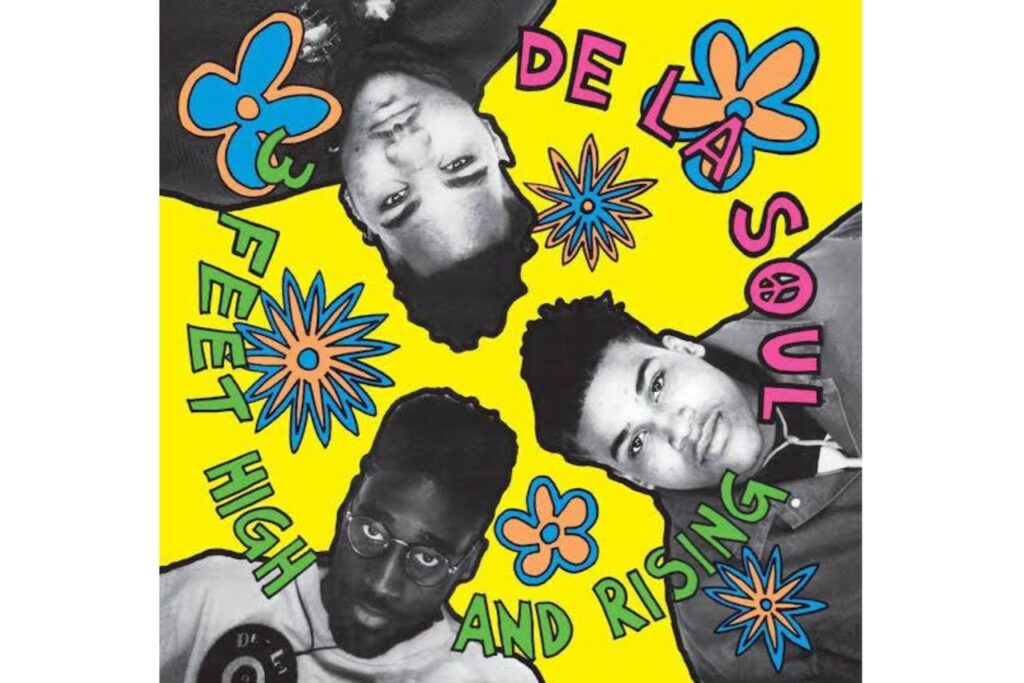
The signature song on De La Soul’s highly influential 1989 debut, 3 Feet High and Rising, “Me Myself and I,” was an almost accidental addition. The group had already submitted the final tracklist for the album, but the track’s producer, Prince Paul, was so fond of the song, a critique of the increasing commercialization of hip-hop, that he insisted it be included. The song was quickly mixed and added, becoming the album’s biggest and most successful single. “Me Myself and I” not only defined the album’s sound but helped launch De La Soul’s career and the entire alternative hip-hop movement into the mainstream.
11. Eminem, The Marshall Mathers LP

Eminem’s controversial 2000 masterpiece, The Marshall Mathers LP, was completed and ready for release when the rapper and his producer, Dr. Dre, were persuaded by label head Jimmy Iovine to create one final, undeniable hit single. The result was “The Real Slim Shady,” a track written and recorded at the last possible minute. This track, with its instantly recognizable chorus and provocative lyrics, served as the perfect, bombastic introduction to the album. Its massive, global success as the lead single drove the album to become one of the fastest-selling records in history, turning a great album into a cultural event.
12. Tears for Fears, Songs from the Big Chair

“Everybody Wants to Rule the World,” the massive global hit from Tears for Fears’ 1985 album, Songs from the Big Chair, was the final track written and recorded for the entire project. Roland Orzabal initially dismissed the song idea as too simple, but it was revived at the end of the recording sessions on the advice of producer Chris Hughes, who felt the album needed an uptempo, accessible track. Hughes pushed for a specific “simple, catchy” song, which Orzabal wrote in just a couple of days. The song became the album’s defining international hit, catapulting the already strong record into multi-platinum success worldwide.
13. Blur, Modern Life Is Rubbish
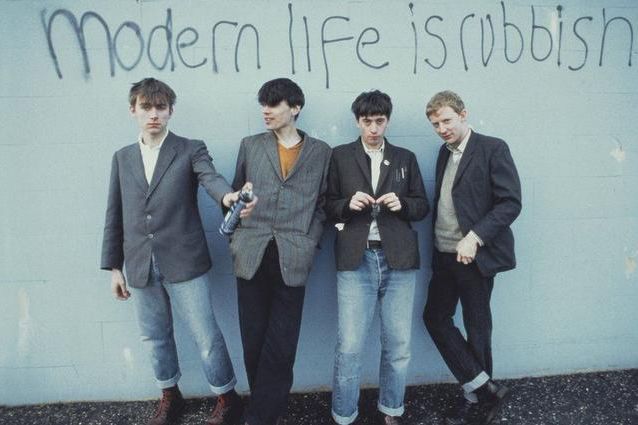
The single “For Tomorrow,” which became the lead track for Blur’s 1993 album, Modern Life Is Rubbish, was an 11th-hour addition to the record. The band’s American label, SBK, expressed disappointment with the initial tracklist, specifically citing a lack of potential hits for the US market. Under pressure, Damon Albarn quickly composed “For Tomorrow,” an anthem that perfectly captured the ‘Britpop’ sound that the band was beginning to define. The song’s successful addition was a crucial compromise that salvaged the album’s release and its promotion, allowing Blur to successfully launch their new identity and kickstart the Britpop movement.
14. The Smiths, Strangeways, Here We Come
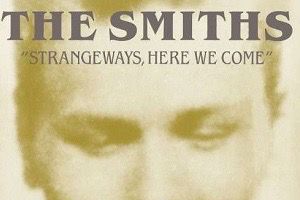
The gentle, poignant final track, “I Won’t Share You,” from The Smiths’ final studio album, Strangeways, Here We Come (1987), was written and recorded in a single, emotional late-night session. As band tensions escalated toward their inevitable breakup, the album felt incomplete and somewhat somber. Morrissey and Marr quickly added this acoustic, reflective song to close the record. Although not a traditional hit single, the track provided a deeply human, affecting final statement for the album, offering a sense of closure and emotional resonance that critics and fans widely viewed as a perfect, essential farewell.
Like this story? Add your thoughts in the comments, thank you.
This story 14 Albums Saved by a Last-Minute Tracksuit was first published on Daily FETCH


